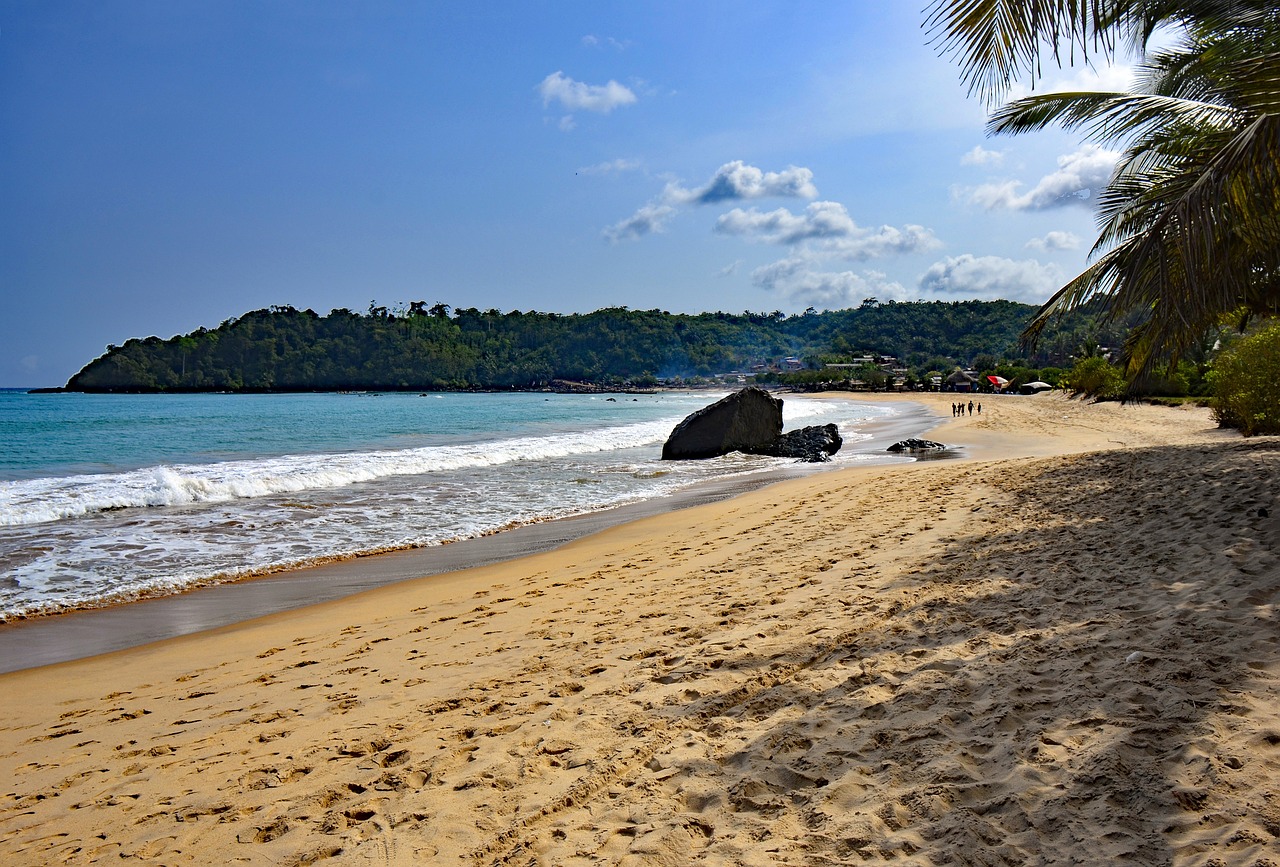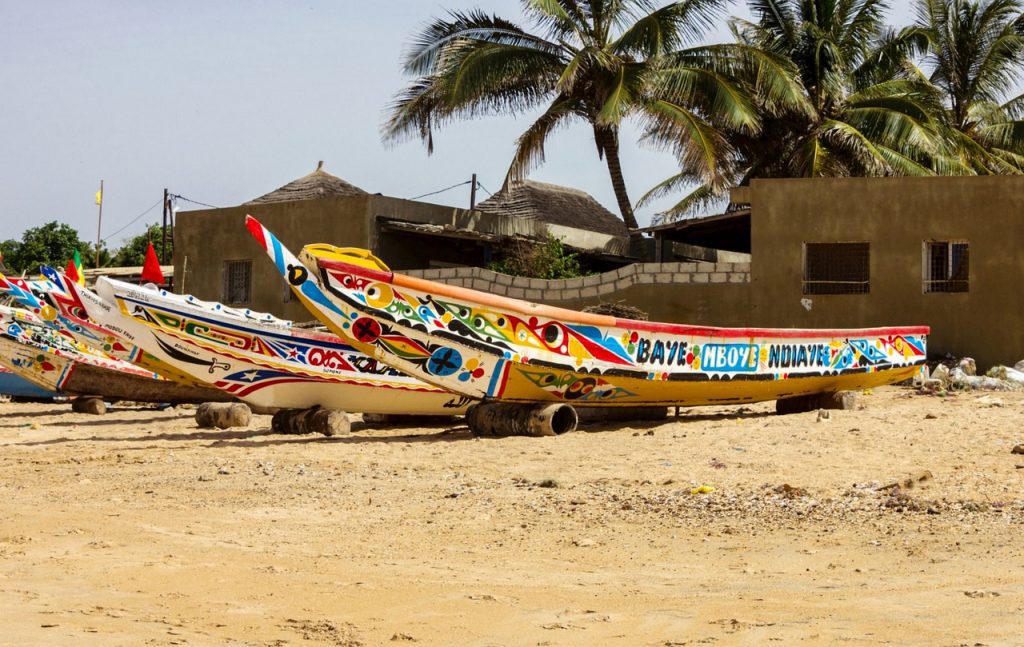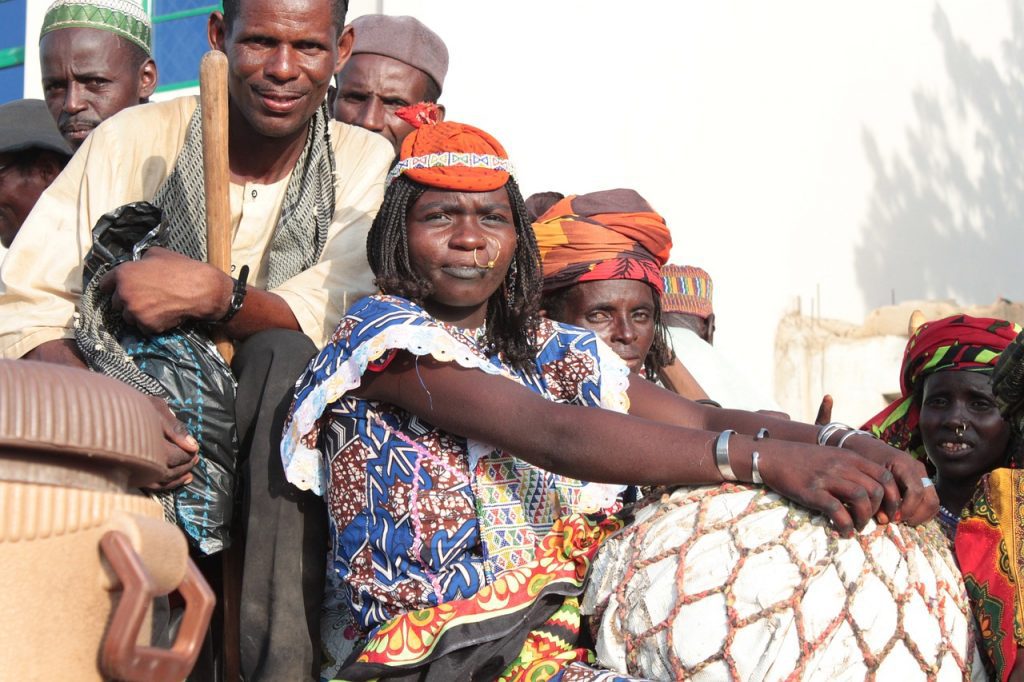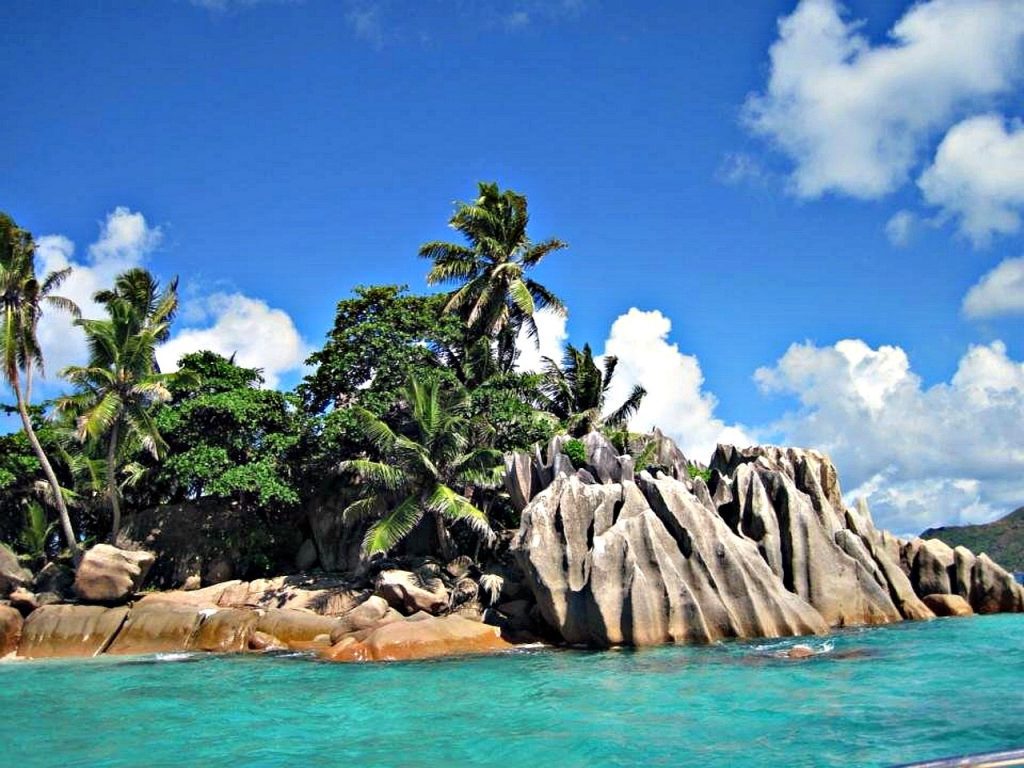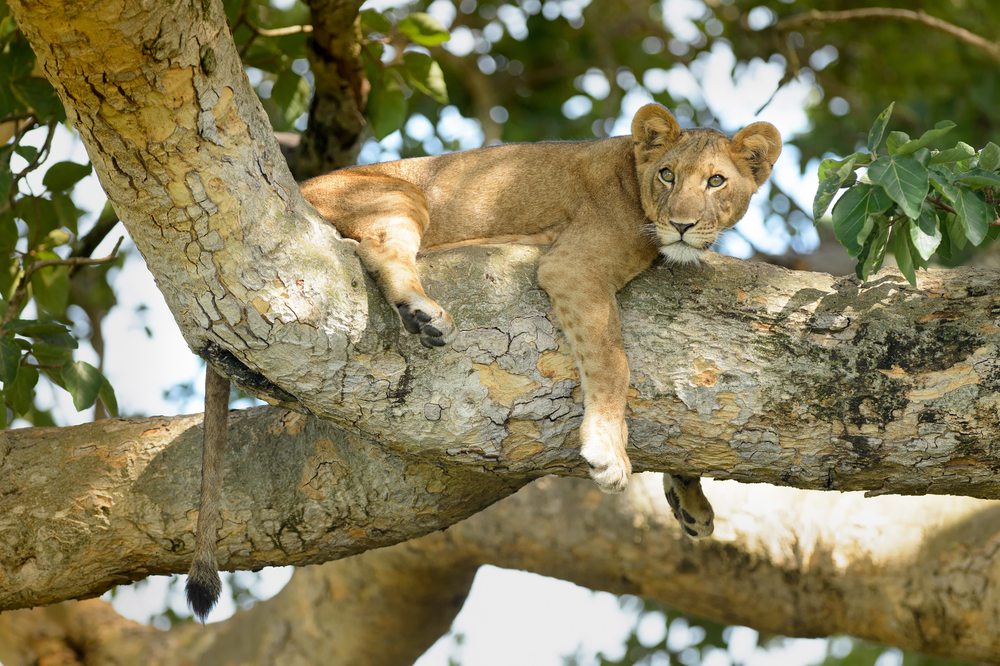Ghana is a country in West Africa. It is a country that is known for its beaches. If you are considering a beach escape, it beckons a question of when is the best time to visit Ghana? This question is fundamental for travelers seeking to explore the rich culture, vibrant landscapes, and unique wildlife of this West African gem.
Let’s explore the weather, cultural experiences, and wildlife opportunities to find the best time to go to Ghana for your beachside escape.
Best Time to Visit Ghana based on the Weather
Understanding Ghana’s weather patterns is essential for planning a comfortable and enjoyable trip. Ghana does not experience the traditional fall, winter, spring, and summer seasons. The country basically experiences two primary seasons: the wet season and the dry season.
Dry Season (November to March): Ideal Weather for Exploration
- Weather: The dry season in Ghana is characterized by warm, sunny days with daytime temperatures averaging 77°F to 95°F (25°C to 35°C). It’s a season of low humidity and minimal rainfall.
- Activities: This is the best time for outdoor adventures, including exploring national parks, beaches, and historical sites. The dry weather provides excellent conditions for hiking, wildlife viewing, and sightseeing.
Wet Season (April to October): Lush Greenery and Cultural Festivals
- Weather: The wet season brings periodic rainfall and higher humidity. Daytime temperatures range from 75°F to 90°F (24°C to 32°C). Rainfall varies across regions, with the south experiencing more consistent rain.
- Activities: While outdoor activities may be affected by rain, the wet season is an excellent time to immerse yourself in Ghana’s cultural festivals, markets, and cultural experiences. Witnessing the lush landscapes can be a unique visual treat.
Best Time to Visit Ghana based on Prices and Crowds
Your choice of when to visit Ghana can also impact your budget and the level of crowds you encounter. Ghana is not one of the coveted Africa safari destinations but it still has busier seasons. Here is a look at Ghana’s travel seasons:
High Season (December to February):
- Prices: The high season, which coincides with the dry season and holiday season, often leads to higher prices for accommodations and tours. Early booking is recommended for the best options.
- Crowds: Expect larger crowds, especially in popular destinations, during this period. Cultural sites and national parks may be busier.
Shoulder Seasons (March to May and November):
- Prices: Prices are generally lower during the shoulder seasons, making it an attractive option for budget-conscious travelers.
- Crowds: Crowds are thinner compared to the high season, providing a more tranquil and intimate travel experience.
Low Season (June to October):
- Prices: The wet season is considered the low season for tourism in Ghana. Accommodation rates are often significantly lower, offering budget-friendly options.
- Crowds: While visitor numbers are lower during this period, it’s important to be prepared for occasional rain and limited accessibility in some regions.
Discovering Ghana’s Cultural Experiences
Ghana is renowned for its rich and diverse cultural heritage. Much of this heritage is celebrated year-round through various festivals and events. However, some of the festivals are tied to specific schedules. Consider planning your visit to coincide with these cultural highlights.
– Panafest (Every two years, odd-numbered years): This international festival celebrates African culture, arts, and heritage.
– Homowo Festival (August): Witness the Ga people’s vibrant celebration of the harvest season, featuring traditional dances and feasts.
– Aboakyer Festival (May): Experience the deer-hunting festival of the Efutu people in Winneba.
– Chale Wote Street Art Festival (August): Explore the vibrant world of Ghanaian street art and creativity in Accra.
Exploring Ghana’s Nature & Wildlife Experiences
Ghana offers unique opportunities for nature and wildlife enthusiasts. Although most of the national parks can be experienced year round, there can be highlights. The timing of your visit can significantly influence your wildlife encounters.
– Kakum National Park (Year-round): Explore the rainforest canopy walkway and encounter diverse bird species, primates, and other wildlife throughout the year.
– Mole National Park (Dry Season): Visit during the dry season for the best chance to see elephants, antelopes, and other savannah animals.
– Nzulezu Stilt Village (Year-round): Explore this unique village built on stilts over Lake Tadane and discover the local culture and environment.
– Wli Waterfalls (Year-round): Hike to Ghana’s highest waterfall and enjoy the stunning natural scenery, available year-round. The rainy season does bring a greater flow over the falls.
Summary
The best time to visit Ghana ultimately depends on your interests and priorities. For outdoor adventures, including wildlife encounters and exploring national parks, the dry season offers ideal conditions. If cultural immersion and lower prices are your priorities, consider the shoulder and low seasons.
Embracing Ghana’s cultural festivals enhances your understanding of the nation’s diverse heritage. Whether you’re exploring bustling markets, enjoying street art festivals, or witnessing traditional ceremonies, Ghana’s cultural experiences are bound to leave a lasting impression.
Whatever time you choose to visit Ghana, you’ll be welcomed by warm hospitality, vibrant cultures, and stunning landscapes, ensuring a memorable journey in this West African treasure.

